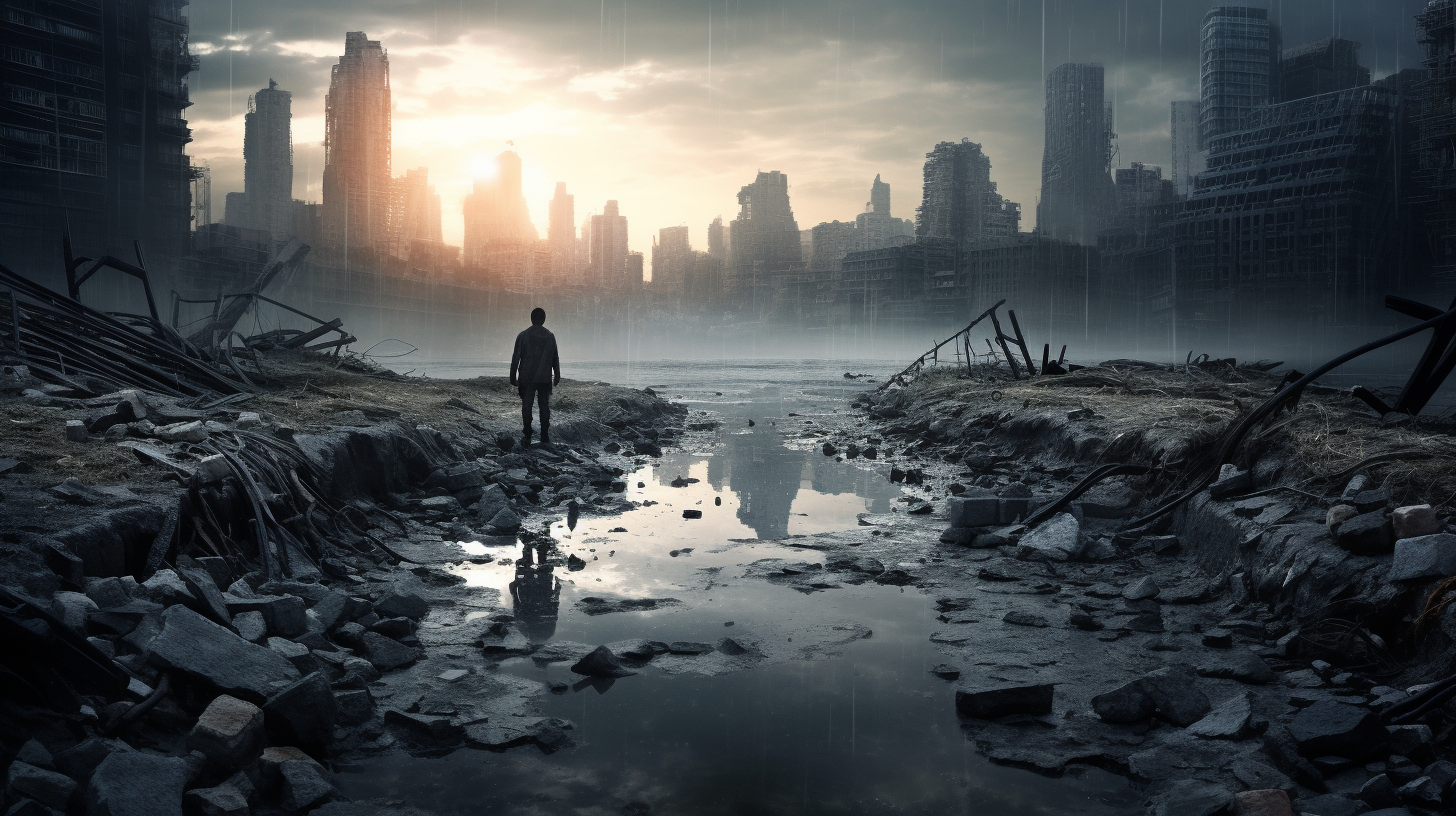The quest for the life-sustaining elixir that is water has become Herculean in task. Our planet’s arteries, once abundant and overflowing, have dwindled to a faint pulse, felt most acutely in the world’s thirstiest cities. This is the tale of these concrete jungles—parched, panting, and perilously close to collapse.
Life in the Arid Zone: Immerse yourself in the tale of New Delhi, where the groundwater level is a play of whimsy and retreat. The city’s denizens now excavate the earth deeper each day—listening for the long-lost echo of flowing water. A parallel plot unfolds in Cape Town, a metropolis on its knees, its reservoirs as barren as the glazed eyes of its citizens. They recount the days of plenty as though narrating ancient lore.
Amid the desperation, a macabre dance of survival ensues— water smugglers emerge as new-age alchemists, turning their pilfered droplets into gold. The streets of São Paulo echo with the cries of the destitute, whose thirst is a currency they cannot afford to quench. Imagine the plight of children whose parched lips have forgotten the caress of a clean, cool stream.
A Socioeconomic Chasm: The civic divide portrayed by water access sends a chilling message—here are the haves, there the have-nots. Los Angeles’ glistening spires stand indifferent, bathed in opulence and artificial lakes, while miles away people’s buckets remain as empty as their pleas. The human condition, when stripped of essentials, evolves not into innovation but desperation. The landscape of inequality is painted in stark shades of wet and dry.
In the scramble for moisture, civil unrest and water riots are not figments of dystopian fiction but the bleeding headlines of our times. Citizens, whose labors once fed the world, now stand in lines that snake for miles—each vying for a drop to sustain another day in this harsh new climate regime.
The Mirage of Technology: Where hope once lay in technology’s promise, the humbled masses have learned to distrust mirages. Desalination plants, announced with fanfare, crumble under the weight of expectations and economic pragmatism. And rainwater harvesting, a whispered secret of survival, is often just an unattainable dream in the grime-clad metropolises where the skies seldom weep.
But humanity’s spirit, ever so resilient, flickers in the gloom. Some tales speak of rooftop gardens in Shanghai, fashioned from the wreckage of a verdant past. Here, dew is the treasure, meticulously collected by night’s cloak. And then there are those in Mexico City, who craft makeshift condensers, desperate to coax moisture from the unyielding air.
In these untold stories, one perceives not the romance of survival but the jagged edge of reality. The specter of the Thirst, a reaper ever watchful, stands tall among these half-formidable figures of human endurance.
As the sun sets on this perplexing canvas of endurance and despair, we ask you—the reader—to decipher the riddle. The paradox of a blue planet, where its inhabitants perish from dryness.
Concluding Note: Let not the Fatal Mirage cloud your judgment—this dystopia is not a vision of a distant, unlikely future, but an unfolding tapestry of our present. In every empty vessel, in every wilted plant, we are reminded of the world that is no more, of the specters of lakes and rivers that once flourished and flowed.
And though hope is a scarce resource in the pages of this narrative, may the dire reflections here serve to stir a whisper of change in the reality beyond the words.
